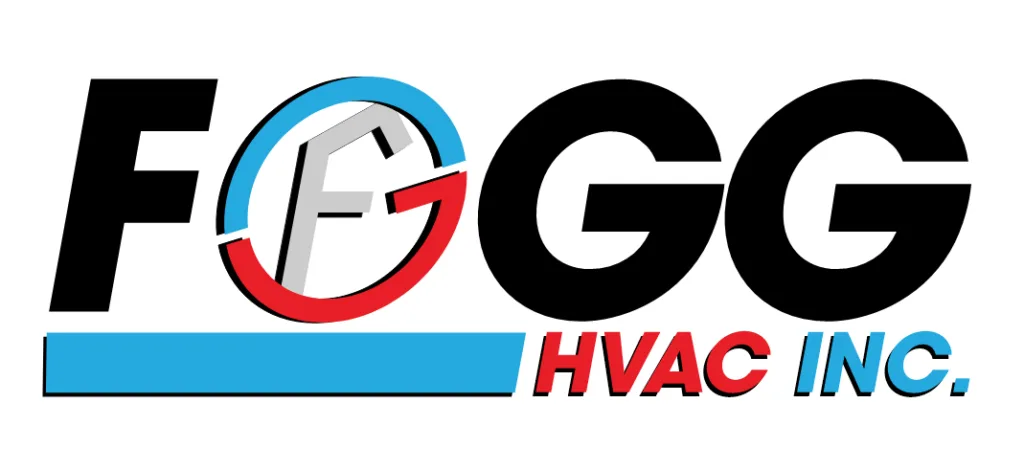Nothing throws off your summer comfort faster than realizing your mini split AC isn’t working right, especially when you notice ice forming on the indoor or outdoor unit. In Raleigh, where warm, humid conditions are common during the summer, a frozen mini split system can quickly make your home uncomfortable. While it may seem strange for an air conditioning unit to freeze when it’s hot outside, this is a problem many homeowners experience, particularly when their system is under constant demand.
Ignoring a frozen unit can lead to bigger problems. The ice buildup reduces airflow and cooling efficiency, which puts more strain on your system. If left untreated, it can even damage internal parts, leading to more repairs later. That’s why it’s important to understand why your mini split is freezing and what steps to take as soon as it happens. Acting quickly can help avoid long-term issues and restore comfort faster.
Common Causes of Mini Split AC Freeze-Up
Your mini split system may freeze up for several reasons, but most of them trace back to a few common problems. Spotting these early can save your system—and your budget—from more serious damage.
1. Low refrigerant levels
When refrigerant drops too low, your system can’t absorb enough heat to function properly. Instead of keeping air cool, the refrigerant lines get too cold, which causes surrounding moisture in the air to freeze. You might notice this if your AC is constantly running but not lowering the room temperature. Frost or ice on the lines is a clear warning sign.
2. Dirty evaporator coil
Dust and debris can build up on the evaporator coil over time, especially if the filters aren’t replaced regularly. When buildup disrupts airflow around the coil, the temperature drops too low and ice forms. A dirty coil stops your system from cooling properly, leading to uneven temperatures throughout the house.
3. Blocked or restricted airflow
Airflow plays a major role in how your mini split operates. Blocked vents, clogged filters, or even obstructed return ducts can cause low airflow. When airflow is weak, internal temperatures in the unit drop and ice builds on the coil. For example, one Raleigh homeowner found that a rug blocking the return vent was the reason their upstairs mini split kept freezing.
4. Incorrect thermostat settings
If your thermostat is set too low for too long, or if the temperature sensors are off, your system might run longer than necessary. This can push the coil temperature into freezing territory. Small setting mistakes or dimmed sensors are common and often overlooked but can trigger major cooling issues.
Any one of these issues can turn a routine cooling cycle into a frustrating day with climbing indoor temperatures. Understanding the cause is the first step toward getting it fixed.
Steps to Take Immediately When Your Mini Split Freezes
If your mini split AC freezes up, acting right away can limit the damage and shorten your system’s downtime. Here are some immediate steps to take:
– Turn off the system right away. Running it while frozen adds strain and may damage internal components.
– Let the ice melt naturally. Do not scrape or pick at the ice, which could harm the delicate coils and fins.
– Check the air filters. If they appear dirty or clogged, clean or replace them following the manufacturer’s instructions.
– Review your thermostat settings. Avoid keeping the room at too low a temperature for extended periods, as this encourages freezing.
– Inspect around both the indoor and outdoor units. Remove any obstructions such as furniture, rugs, leaves, or debris that could restrict airflow.
After these steps, allow time for the unit to thaw completely before restarting it. If the freezing returns after the system is back on, it’s time to bring in our professionals for an in-depth check. A repeated freeze-up often points to a hidden internal issue.
When To Call a Professional for AC Freezing Issues
If you’ve taken these steps and your mini split AC in Raleigh continues to show signs of freezing, professional repair is likely needed. Ongoing freezing signals deeper issues, such as refrigerant leaks, faulty sensors, or deteriorating components. Waiting too long for service could lead to more expensive repairs or total unit failure.
Some clear indicators that it’s time to call our technicians include:
– Ice builds up shortly after thawing
– The system struggles to reach the set temperature
– Airflow remains weak, even with clean filters
– Odd sounds or frequent cycling on and off
– Sudden increases in your energy bill
When our professionals inspect a mini split, they go further than a basic look. They measure refrigerant levels, test electrical connections and sensors, and review airflow across the system. This process identifies what is causing the freezing so it can be corrected correctly. Full diagnostics can stop the issue from coming back the next time temperatures rise.
There’s another benefit to calling our professionals. Smaller problems may go unnoticed by homeowners but show up clearly during a tune-up. A drain line may be partially blocked, leading to moisture buildup that contributes over time to freeze-ups. Regular inspections help uncover those kinds of issues before they affect performance.
In Raleigh, where summer heat puts stress on AC systems, being proactive can prevent some of these common setbacks. Don’t assume freezing is a rare occurrence. It might be the first sign of a larger issue starting to develop.
How Fogg HVAC, Inc. Can Help in Raleigh
If your mini split AC in Raleigh continues to freeze despite your efforts, our technicians are ready to step in. We offer full diagnostics and repair services for mini split systems, regardless of the model or brand. Whether your unit needs a refrigerant refill, realignment of sensors, or improved airflow configuration, we have the tools and experience to get the job done.
Every home system setup is unique. Some older ductless systems respond differently to Raleigh’s humid summer air than newer installations. Other units may be positioned in less-than-ideal spots or have been installed with minor flaws that affect long-term performance. Our team knows how to troubleshoot based on design, age, and home layout to provide targeted solutions.
Working with our professionals minimizes wear-and-tear and reduces the need for repeat service calls. Frozen mini split issues tend to resurface during Raleigh’s hottest months, and waiting too long can result in extended discomfort. Acting early helps avoid system stress and loss of cooling when your household needs it most.
Keep Your Home Cool and Problem-Free
Addressing a frozen mini split right away can keep small problems from growing into expensive repairs. What begins as a slight layer of ice on the coil may spiral into a failed compressor or broken connection if left ignored. Knowing what to watch for and responding fast keeps repairs manageable.
Regular checkups, routine filter changes, and clean evaporator coils are simple ways to protect your mini split from freezing. Learning how your system operates during Raleigh’s warm seasons is an important part of maintaining indoor comfort. Whether your system is fairly new or has a few years of use, unusual behavior should never be dismissed.
Being consistent with maintenance and calling our professionals when issues arise can protect your home’s comfort and cooling performance during the hottest months. Scheduling inspections before or during summer peaks will help ensure your system runs as it should. That way, your mini split keeps delivering reliable relief without freezing up under pressure.
If ice buildup on your unit persists despite your efforts, it may be time for a closer look at your mini split AC in Raleigh. Fogg HVAC, Inc. delivers professional diagnostic services and precision repairs to help restore reliable performance and prevent repeat issues. For a quick estimate or to book a service visit, please contact us today.





